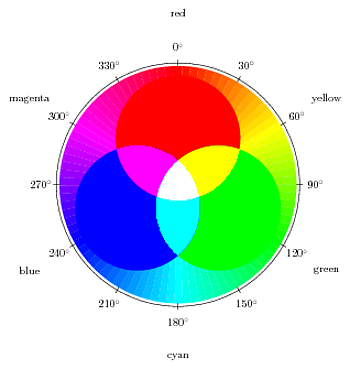ArcMap just orders based on geometry type: 1. Points, 2. Lines, 3. Polygons.
My suggestion is to use transparency to help you symbolize these overlapping features. Take a look at a color wheel when you're selecting colors and choose colors that have good additive properties.

By using this technique you'll be able to identify the individual layers and areas where they overlap. Adjust your transparency accordingly.
If the polygon boundaries overlap EXACTLY, your best bet might be to add a depth value into the attribute table. Then, which you could use ArcScene andto visualize your data in 3D.
